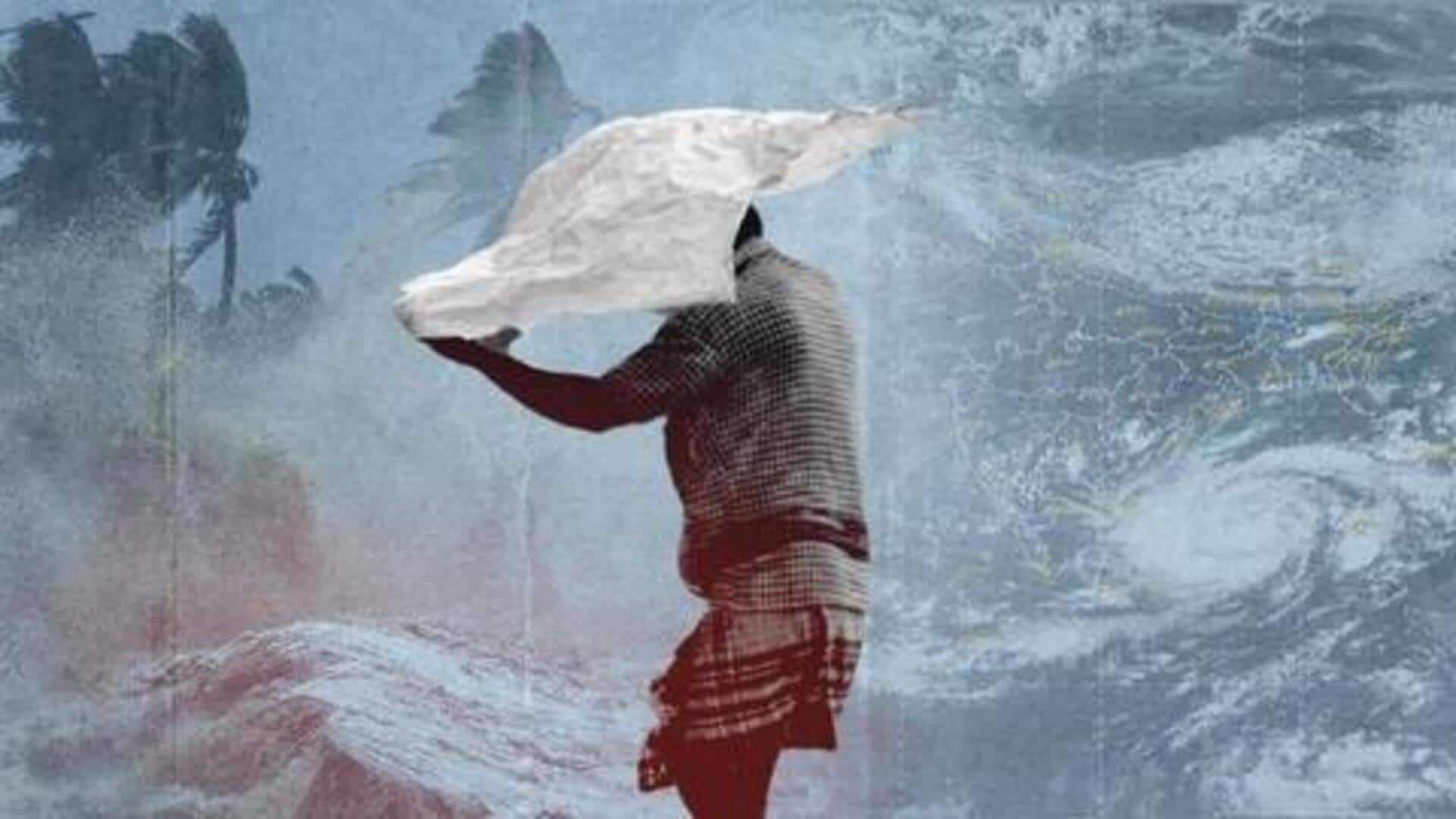
Explained: Why India, other developing nations rejected $300bn climate deal
What's the story
The 29th United Nations Climate Change Conference (COP29) ended in Baku, Azerbaijan with a controversial agreement on an annual climate finance deal of $300 billion. The funding, starting in 2035, is promised by developed nations to support developing countries in transitioning to clean energy and adapting to climate change impacts. Although it's a major jump from the existing $100 billion commitment, many developing nations including India have strongly opposed the deal.
Rejection rationale
India's strong criticism of the climate finance deal
India's negotiator Chandni Raina called the $300 billion pledge "abysmally poor" and "a paltry sum." She also criticized the negotiation process, calling it "stage-managed." Other developing nations such as Nigeria, Malawi, and Bolivia also rejected the outcome. Nigeria dismissed the deal as a "joke," while Vanuatu's envoy Ralph Regenvanu argued that the pledges were insufficient and unlikely to be fulfilled.
Funding gap
Developing nations' demand for higher climate finance
The controversial deal promotes leveraging public and private sources to reach an annual target of $1.3 trillion by 2035. However, it is still short of the initial demand of developing nations for an annual commitment of $1.3 trillion. The deal also seeks to back ambitious emission reduction targets due next year under ongoing efforts from the 2015 Paris Agreement, a point that has faced pushback from small island states and least developed countries.
Defense stance
Developed nations defend the climate finance deal
Despite the criticism, developed nations have defended the deal. Germany's Foreign Minister Annalena Baerbock admitted it was a starting point, while the European Union hailed it as a "new era" for climate finance. UN Climate Chief Simon Stiell called the agreement an "insurance policy for humanity," stressing the need for timely payment of contributions.
Equity principle
India's rejection seen as a stand for the Global South
India's rejection of the deal is seen by experts as a stand for the Global South. This position underscores developed nations' unwillingness to fulfill their obligations under the principle of equity. The result at COP29 is anticipated to greatly influence developing countries' capacity to adapt to climate change and execute their Nationally Determined Contributions (NDCs).